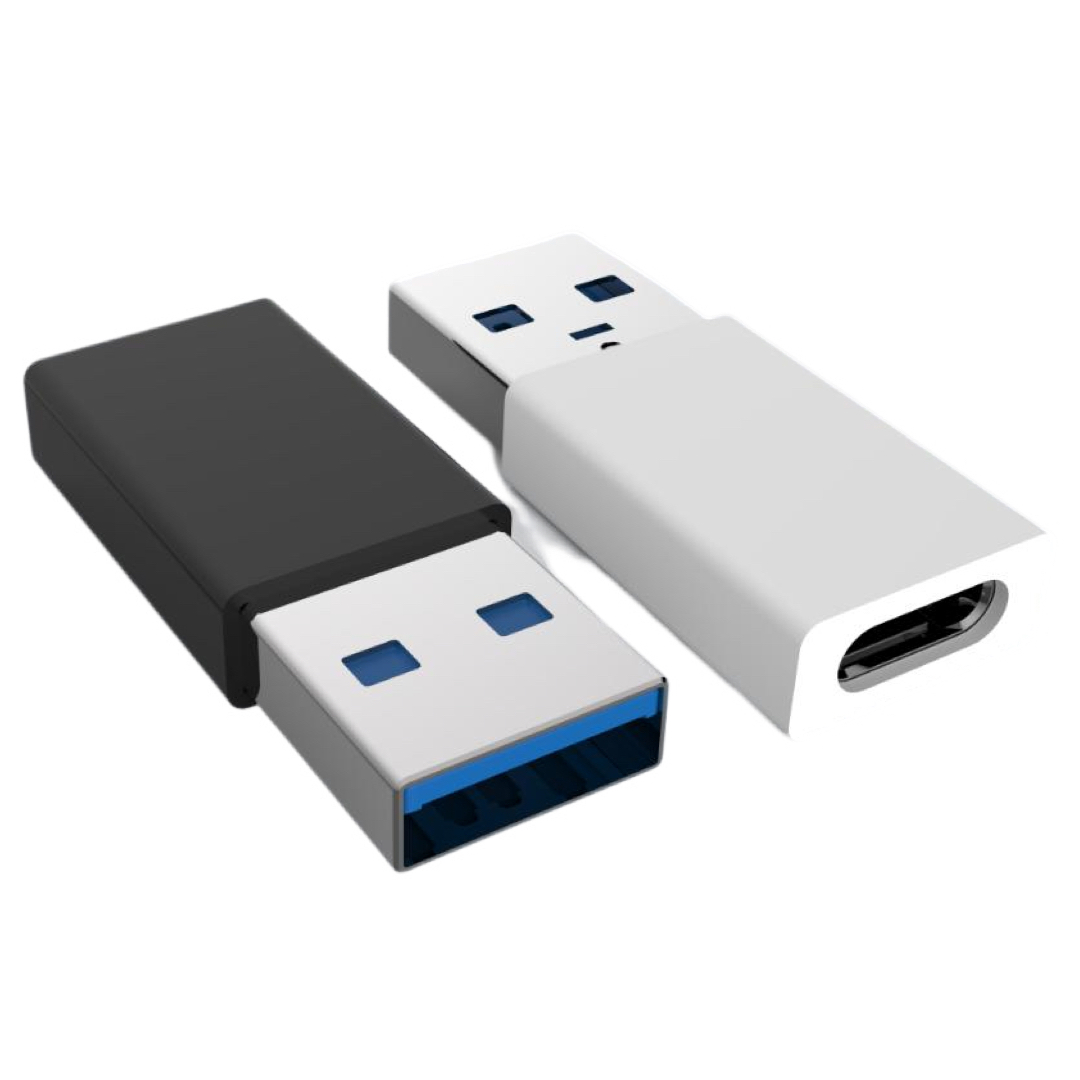The Battle Between Wireless and Wired Audio Adapters: Which One Fits You?

Are you grappling with the decision of choosing between Bluetooth audio adapters and wired audio adapters? With the plethora of options available in the market, it's essential to understand the differences between these two types of adapters to make an informed choice. In this article, we will explore the key disparities, benefits, and drawbacks of both options, helping you decide which one aligns better with your needs and preferences.
Wireless Freedom: Bluetooth Audio Adapters
Bluetooth audio adapters have gained immense popularity in recent years due to their wireless capabilities and convenience. These adapters utilize Bluetooth technology to connect your audio devices wirelessly. Here are some advantages of Bluetooth audio adapters:
Portability: Bluetooth audio adapters are compact and portable, allowing you to easily carry them around without the hassle of wires.
Compatibility: These adapters offer compatibility with a wide range of devices, including smartphones, tablets, computers, and even car audio systems.
Flexibility: Bluetooth adapters enable you to connect multiple devices simultaneously, allowing seamless music sharing and multitasking.
However, Bluetooth audio adapters also have their drawbacks:
Audio Quality: While Bluetooth technology has improved significantly, it still lags behind wired adapters when it comes to audio fidelity. Audiophiles and those who demand the highest sound quality may prefer wired alternatives.
Power Consumption: Bluetooth adapters require power to function, which means they need to be charged regularly. This can be inconvenient if you often forget to charge your devices.
Latency: Bluetooth audio can suffer from audio latency, causing a slight delay between the audio playback and visual content. This can be bothersome while watching videos or playing games.
Reliability and Sound Quality: Wired Audio Adapters
Wired audio adapters, on the other hand, have been a long-standing choice for many audio enthusiasts. Let's explore their advantages:
Audio Fidelity: Wired adapters offer superior audio quality, making them the preferred choice for professionals, audiophiles, and those seeking an immersive sound experience.
Reliability: Unlike Bluetooth adapters, wired adapters do not suffer from issues like signal interference or pairing problems, ensuring a consistently stable connection.
No Power Dependency: Wired adapters do not require charging, eliminating the need to worry about battery life or interruptions during audio playback.
However, wired audio adapters also have some limitations:
Lack of Portability: The presence of wires makes these adapters less portable compared to their wireless counterparts.
Device Compatibility: Wired adapters may have limited compatibility with certain devices or may require additional connectors or adapters.
Restrictions: The need for physical connections can restrict your mobility, making wired audio adapters less suitable for on-the-go scenarios.
In conclusion, when choosing between Bluetooth audio adapters and wired audio adapters, you need to consider your priorities. If portability, convenience, and flexibility are your main concerns, Bluetooth audio adapters are an excellent choice. On the other hand, if audio quality, reliability, and compatibility take precedence, wired audio adapters are the way to go. Evaluate your specific requirements and make the decision that best suits your audio needs.



